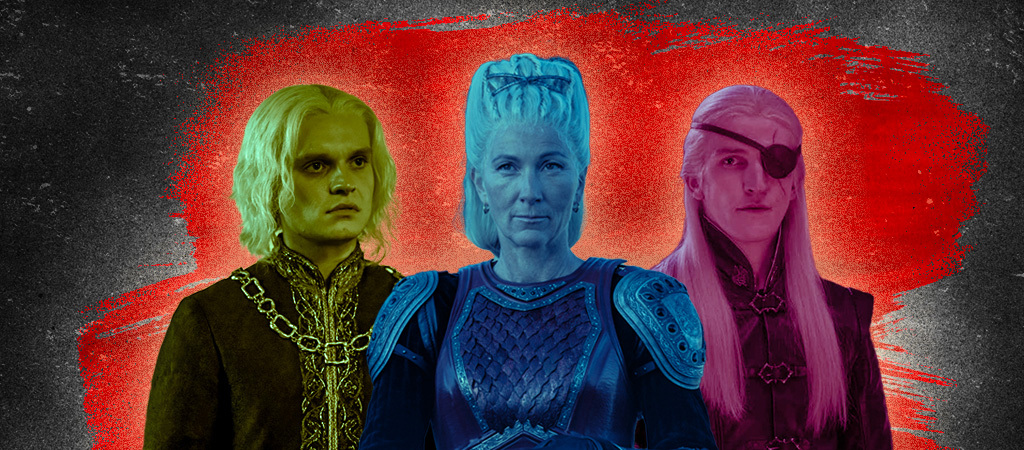Adaptations are a tricky business, especially when you’re translating a world as vast and complex and infused with magic as George R.R. Martin’s.
showrunners David Benioff and D.B. Weiss discovered that the hard way when their series outpaced the author’s writing, forcing them to fill in the blanks in a fantasy madlibs exercise that tainted the legacy the show’s first few seasons had earned.

It wasn’t that every off-book turn was bad, but whether you quiz a show fan or someone who’s read every installment in Martin’s universe, they’ll probably offer the same answer as to when took a turn for the worse. (Somewhere in season five, we’d argue). All that to say, jumping ship and navigating un-plotted waters in Westerosi lore is a brave, foolish thing to do.
And yet, fourth episode does just that – reimagining one of the defining battles of the to elevate it beyond its source material. And that seems to be a consistent storytelling theme of Ryan Condal’s series, a show that’s basically flipping the middle finger to the “but the book is better” crowd, to the benefit of both readers and watchers alike. Drawing like for like comparisons to Martin’s work is futile and pretentious, most of the time.
If you enjoy his books, great, but if you come to this place for the dragons and the witches and the ice zombies, that’s okay too. We (and Nicole Kidman) welcome you. But with things feel different.
This is a show that rode the coattails of another prestige d.























